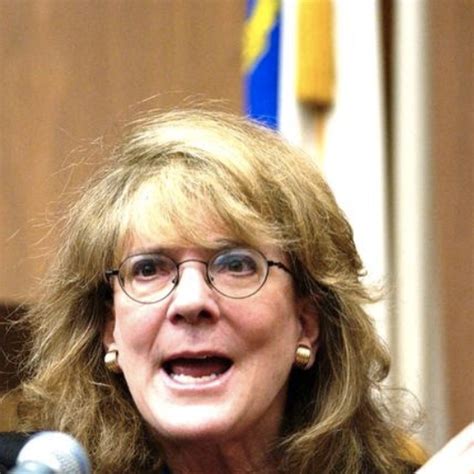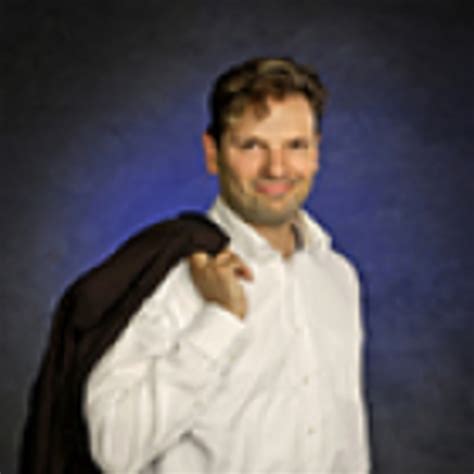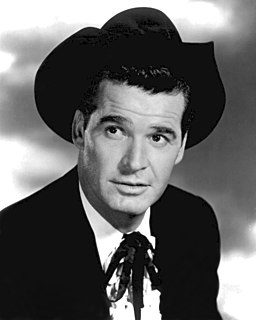A Quote by Richard Dawkins
The psychologist Elizabeth Loftus has shown great courage, in the face of spiteful vested interests, in demonstrating how easy it is for people to concoct memories that are entirely false but which seem, to the victim, every bit as real as true memories.
Related Quotes
You have your wonderful memories," people said later, as if memories were solace. Memories are not. Memories are by definition of times past, things gone. Memories are the Westlake uniforms in the closet, the faded and cracked photographs, the invitations to the weddings of the people who are no longer married, the mass cards from the funerals of the people whose faces you no longer remember. Memories are what you no longer want to remember.
I keep thinking my father gave me Turgenev, and then I realize at some point, Oh, this is a false memory. I mean, that's one of the things that interests me about memoir. It should be as much about how we remember, and that includes false memories, and the realization that one is having a false memory. That's the kind of an interesting way of layering the whole experience of recollection.
We tend to think of memories as monuments we once forged and may find intact beneath the weedy growth of years. But, in a real sense, memories are tied to and describe the present. Formed in an idiosyncratic way when they happened, they're also true to the moment of recall, including how you feel, all you've experienced, and new values, passions, and vulnerability. One never steps into the same stream of consciousness twice.
We comfort ourselves by reliving memories of protection. Something closed must retain our memories, while leaving them their original value as images. Memories of the outside world will never have the same tonality as those of home and, by recalling these memories, we add to our store of dreams; we are never real historians, but always near poets, and our emotion is perhaps nothing but an expression of a poetry that was lost.
You put on a face for the public. The face isn't false; it's just another side of you. If it were false, you couldn't last. People want something real and natural, and if they catch you acting, you're dead. It has to look real. In order to look real, it has to be real, and I've always thought of the characters I've played as real people.
I was really interested in this ability for others to create virtual memories for us. In "The Cartographers" I explore this through Adam Woods, and the company he works for, which produces virtual memories that people can beam into their consciousness. While the technology is sci-fi, the story is also a metaphor for the way love relationships create memories in our minds.
Because computers have memories, we imagine that they must be something like our human memories, but that is simply not true. Computer memories work in a manner alien to human memories. My memory lets me recognize the faces of my friends, whereas my own computer never even recognizes me. My computer's memory stores a million phone numbers with perfect accuracy, but I have to stop and think to recall my own.





































